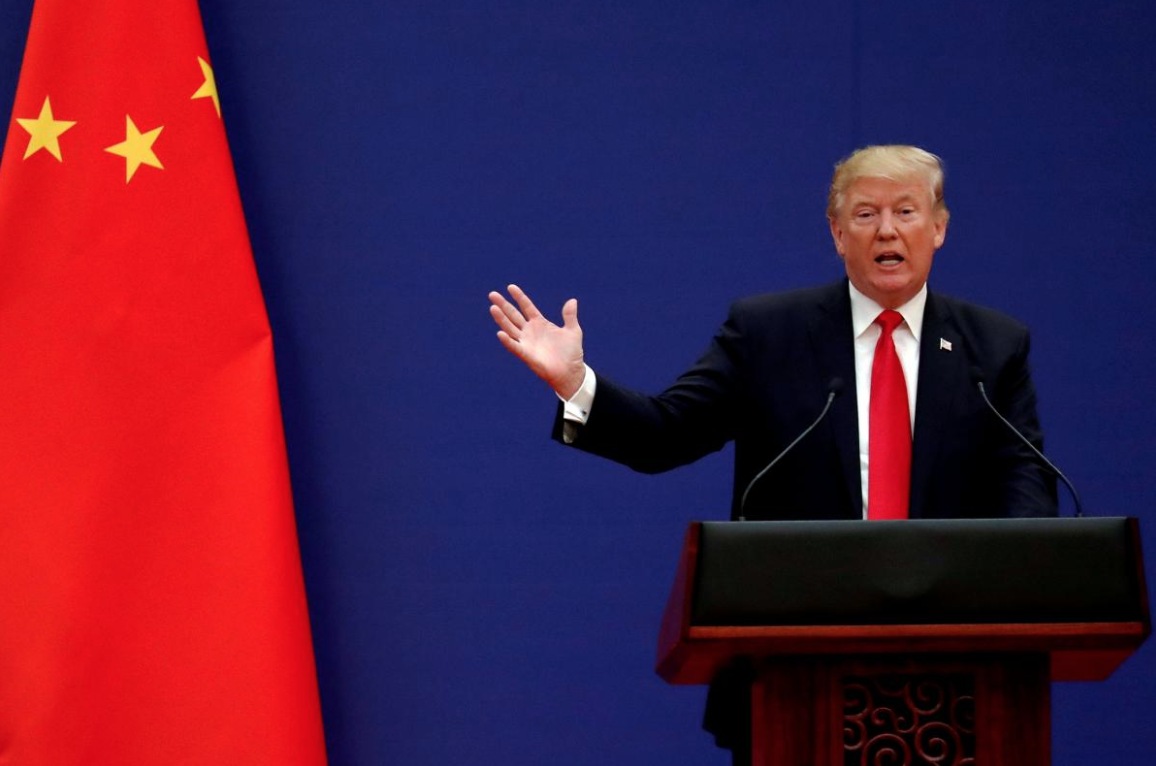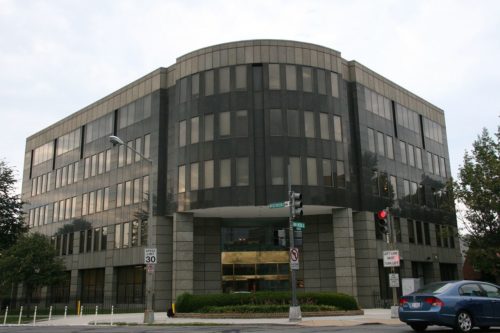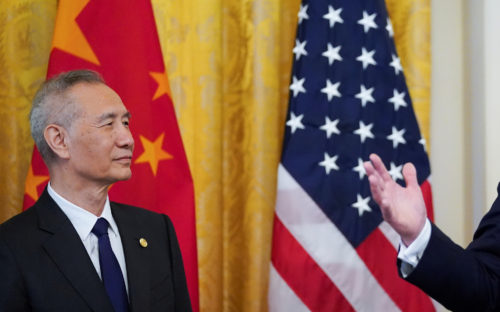Trade war, day 126: China talks up G20 meeting as exports surge

The planned meeting between Xí Jìnpíng 习近平 and Donald Trump in Buenos Aires on the sidelines of the G20 summit is still weeks away, but the Chinese side is already stressing its importance.
- Beijing’s top diplomat, State Councillor Wáng Yì 王毅, told reporters that the talks “will be of great significance for both sides to manage differences effectively and resolve issues in a practical way,” adding that it “will help chart the course for China-U.S. relations.”
- In Washington, Politburo member Yáng Jiéchí 杨洁篪 met with National Security Adviser John Bolton and told him that “both sides have to work out an acceptable solution through negotiations on an equal and mutually beneficial basis,” and emphasized that they “carefully prepare to ensure positive results in the Argentina meeting.” Yang, along with Defense Minister Wèi Fènghé 魏凤和, will begin a high-level security dialogue with top U.S. officials on Friday.
- Xi Jinping himself sent a rather conciliatory message to Trump in a meeting with Henry Kissinger in Beijing, stating, “China is committed to working with the US to achieve a non-confrontational, without conflict, and mutually respectful cooperation in which both sides win.” However, according to the SCMP, “Beijing was keen to hear Kissinger’s advice on how to avoid further escalating tensions, but it was unclear how the veteran diplomat could influence the Trump administration’s China policy.”
- In October, Chinese exports surged much higher than anticipated. In the first full month since $200 billion in new U.S. tariffs were imposed, exports were up 15.6 percent year-on-year and grew at a faster pace than in September, when exports rose by 14.5 percent. The median forecast was only around 11.7 percent. Imports also beat expectations with a 21.4 percent increase over the previous year.
- Among the reasons for the uptick:
- “Front-loading” through the end of this year, as American buyers anticipate higher tariff rates of 25 percent in 2019, up from the current 10 percent.
- Strong demand globally: “It’s not just the U.S., wherever you look, especially the emerging markets, demand is solid,” Liu Yaxin, an economist at China Merchants Securities, told the WSJ (paywall).
- The weaker yuan, which fell 11.4 percent against the U.S. dollar, making Chinese goods relatively cheaper.
- Assistance from Beijing: Reuters notes that this includes “increasing export tax rebates and pledging more support to private firms.”
Other trade-war-related news:
-
China International Import Expo
Import extravaganza highlights China’s promise, challenges / ABC
“The Communist government’s marketing extravaganza involving 3,600 companies from 152 countries showcases the promise and challenges of China’s growing, state-dominated and intensely competitive markets.”
Why a trade fair was China’s top diplomatic event of the year / Nikkei Asian Review
“There was no direct mention of Trump, the U.S. or Washington. But a closer look at Xi’s remarks reveals more subtle messages.” -
U.S. election impact
Midterm elections: Voters sent China surprising trade-war message / Bloomberg (porous paywall)
“The trade war of 2018 was, in theory, supposed to hurt Republicans in states vulnerable to higher tariffs and Chinese retaliation. The results from Tuesday’s midterm elections suggest that didn’t really happen.” -
Soured on wine
Trade war tariffs sour Chinese appetite for US wines at Hong Kong industry fair / SCMP
“Some mainland buyers who are regulars at the four-day International Wine and Spirits Fair balked at the tit-for-tat tariffs, of 25 percent, which Beijing imposed on American goods, including wine, as of September.” -
In the American South
The US-China trade war shows up in Tennessee / The Diplomat (porous paywall)
BMW: Ongoing trade war could push some South Carolina car production to China / Greenville News
Previously in The China Project’s trade war coverage:





